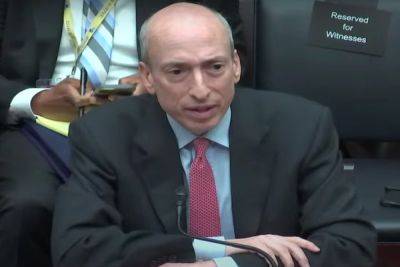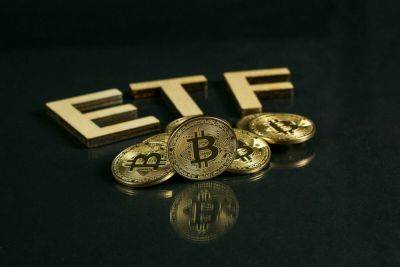Bitcoin ETFs: A $600 billion tipping point for crypto
A United States appellate court directed the Securities and Exchange Commission (SEC) in August to reassess its denial of Grayscale's application for a Bitcoin exchange traded fund (ETF). A little-noted consequence of that decision is that it could open the floodgates for $600 billion in new cash to enter the cryptocurrency market.
ETFs provide investors with a regulated way to gain exposure to different asset classes, including Bitcoin (BTC). The approval of a Bitcoin ETF could democratize investment in the cryptocurrency sector, drawing parallels to how the iShares MSCI Brazil ETF and the VanEck Brazil Small-Cap ETF have democratized investing in the Brazilian market.
Despite some hurdles, market analysts anticipate potential Bitcoin ETF approval by early 2024. A Bitcoin ETF could unlock an estimated $600 billion in new demand, according to a September report by analysts at Bernstein, more than doubling the approximately $550 billion fully diluted market cap at which Bitcoin stands today.
Related: 10 years later, still no Bitcoin ETF — but who cares?
However, these predictions are speculative, with the actual outcome depending on various factors such as market dynamics, company strategies, and regulatory responses. Notably, the SEC has delayed the decision on Cathie Wood's Ark 21Shares Bitcoin ETF application several times already. In August, Wood expressed her expectation for these delays, stating that she believed the SEC would approve multiple Bitcoin ETFs simultaneously. But on Sept. 26, the SEC extended the decision period further, to Jan. 10.
SEC Chair Gary Gensler's delays and rejections of Bitcoin ETF applications have drawn criticism and fueled investor frustration. A bipartisan group of lawmakers
Read more on cointelegraph.com






















